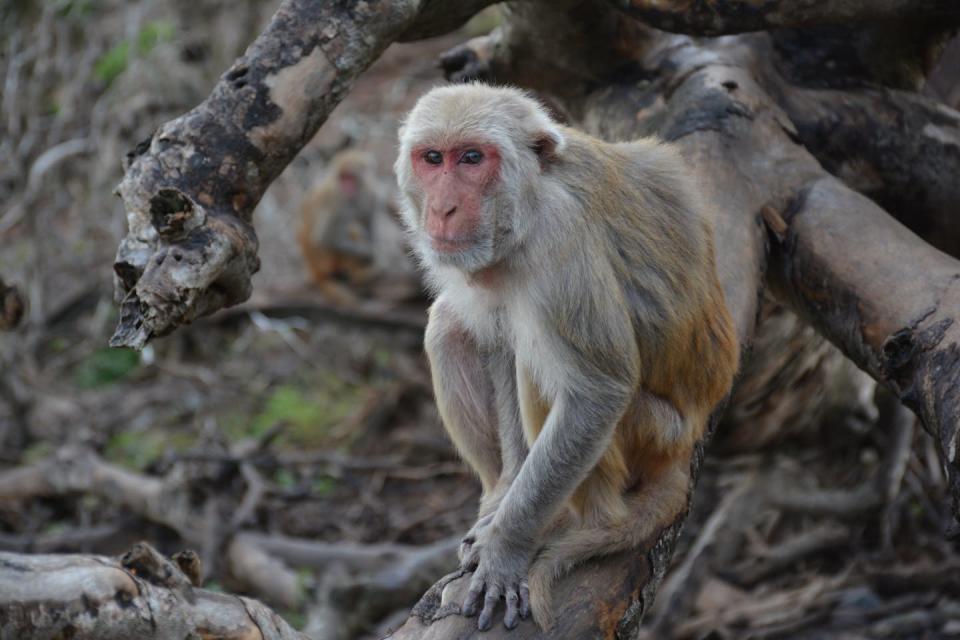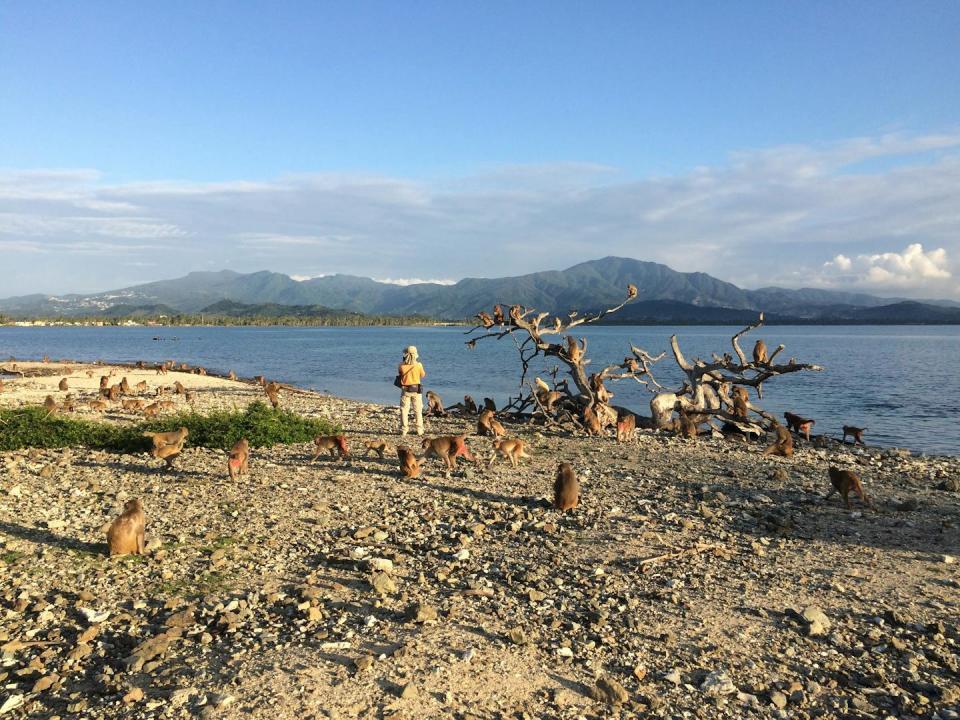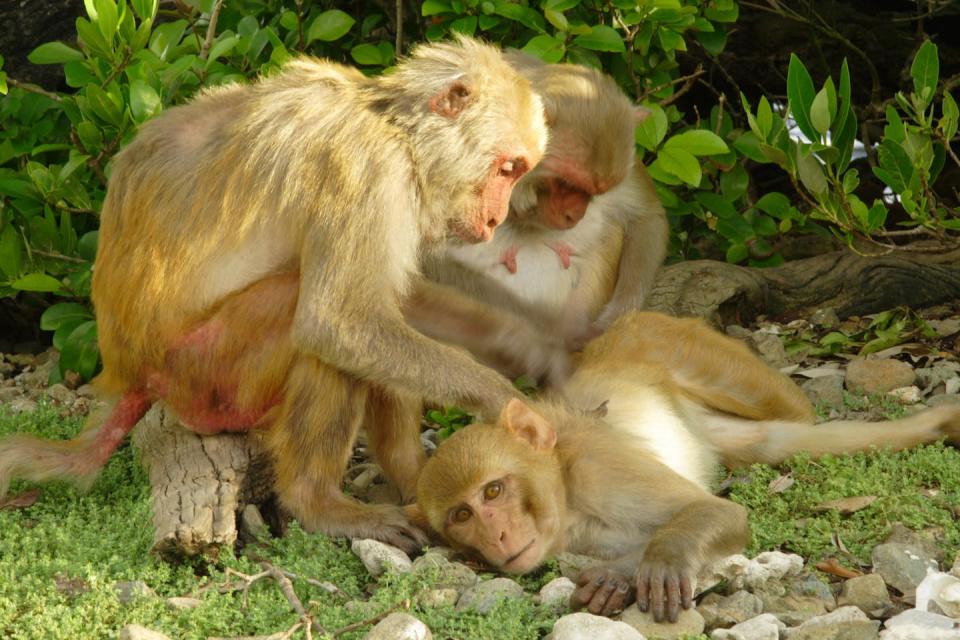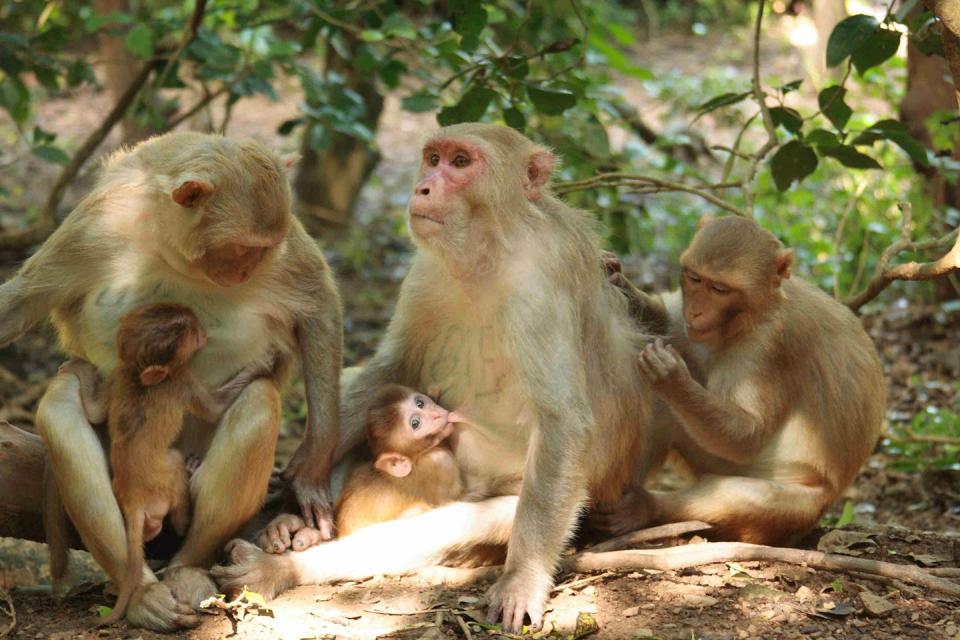There are many changes that can come with aging: hair turns gray, vision is no longer what it was and mobility is often limited. But in addition to these physiological changes, people also experience changes in their social world. As we get older, our social circles become smaller.
Such declines in social networks have raised concerns among scientists aware of how important social relationships are for health and well-being. Being socially isolated can damage health as much as obesity, alcoholism or a sedentary lifestyle.
In the past decade, however, scientists have come to think that shrinking social networks with age may not be all bad.
Rather than social decline being caused solely by the death of friends or declining health, people may become more selective in their social interactions as they age. After all, many older adults tend to focus their social efforts on family and close friends. This change in social focus may be a result of older adults being aware of the limited time they have left and prioritizing their most important relationships.
As a behavioral ecologist and molecular ecologist, we were interested in understanding the evolutionary roots of these age-based changes in social focus.

To investigate whether other animals share these patterns of social selectivity with age, we turned to a free-roaming population of more than 200 macaques on the island of Cayo Santiago, Puerto Rico. Working with our colleagues, we collected eight years of data on how these monkeys interacted as they grew older.
We found striking parallels with the patterns of social aging seen in humans, and our study sheds light on the causes and possible consequences of social network shrinking with age.
Picky choice of partner
We specifically focused on female macaques because they have the most stable long-term relationships in this population. With the help of several dedicated research technicians, we monitored these females for up to seven hours a day for eight years.


First, we found that female macaques did indeed spend time with fewer social partners as they got older. Aging macaques were with fewer partners and also cared for fewer partners. Grooming is an important bonding behavior in macaques that females only do with their best friends.
Importantly, this reduction in women’s social circles was not accelerated by their partners dying or by older monkeys being somehow considered undesirable and therefore to be avoided. We observed that how often other monkeys sought older females as social partners did not change with age.
Instead, there seemed to be clear evidence that women were actively reducing the size of their social networks over time. Notably, as women grew older, they began interacting with fewer group members. We observed this decline starting in women in their prime (about 10 years old) through those near the end of their lives (about 28 years old).
A family affair
An important piece of this puzzle, of course, is who these female macaques chose to associate with as they grew older.
We found that aging female macaques, like humans, focused their time and effort on family members and “friends” with whom they shared a particularly strong and stable bond.
While this narrowing of networks and focus on kin is not necessarily the result of macaques being aware that they are approaching death – scientists are not sure whether non-human animals are aware of their own mortality – it does suggest that there may be a shared evolutionary reason for social selectivity among humans and other primates.


Why could this be?
One possibility stems from the fact that as humans and other mammals age, their immune systems decline. We get sick more easily and have more difficulty recovering if we suffer from something.
Narrowing your social circle with age can be an important way to avoid developing a disease or other illness. Such a decline need not be a deliberate strategy, but could be an unconscious tendency selected for over evolutionary time because it improved the biological fitness of our primate ancestors. As a result, this pattern could continue today, even in humans well beyond their reproductive years.
A hopeful prospect
What does this all mean? Understanding how people can live longer, healthier lives is a central priority for health organizations around the world. Figuring out how to maintain valuable social relationships into old age will likely play a key role in that endeavor.


The results of this study indicate that network shrinkage across the lifespan is an aging pattern that is not unique to humans but may be present in other primates.
While loneliness in the elderly is a health problem that should not be ignored, there may be important differences between those who unintentionally become isolated as they age and those who choose to remain in a smaller social circle. In the latter cases, shrinking networks with age may not be all bad.
Instead, important benefits can be gained from being selective in our social interactions as we age, which has allowed this pattern to persist for millennia.
This article is republished from The Conversation, an independent nonprofit organization providing facts and trusted analysis to help you understand our complex world. It was written by: Erin Siracusa, University of Exeter and Noah Snyder-Mackler, Arizona State University
Read more:
Erin Siracusa has received or is currently receiving funding from the American Society of Mammaologists, the Arctic Institute of North America, the Natural Sciences and Engineering Research Council of Canada, the National Institute of Health, and the European Research Council.
Noah Snyder-Mackler has received or is currently receiving funding from the National Science Foundation, the National Institutes of Health, the Leakey Foundation, Arizona State University, and the University of Washington.